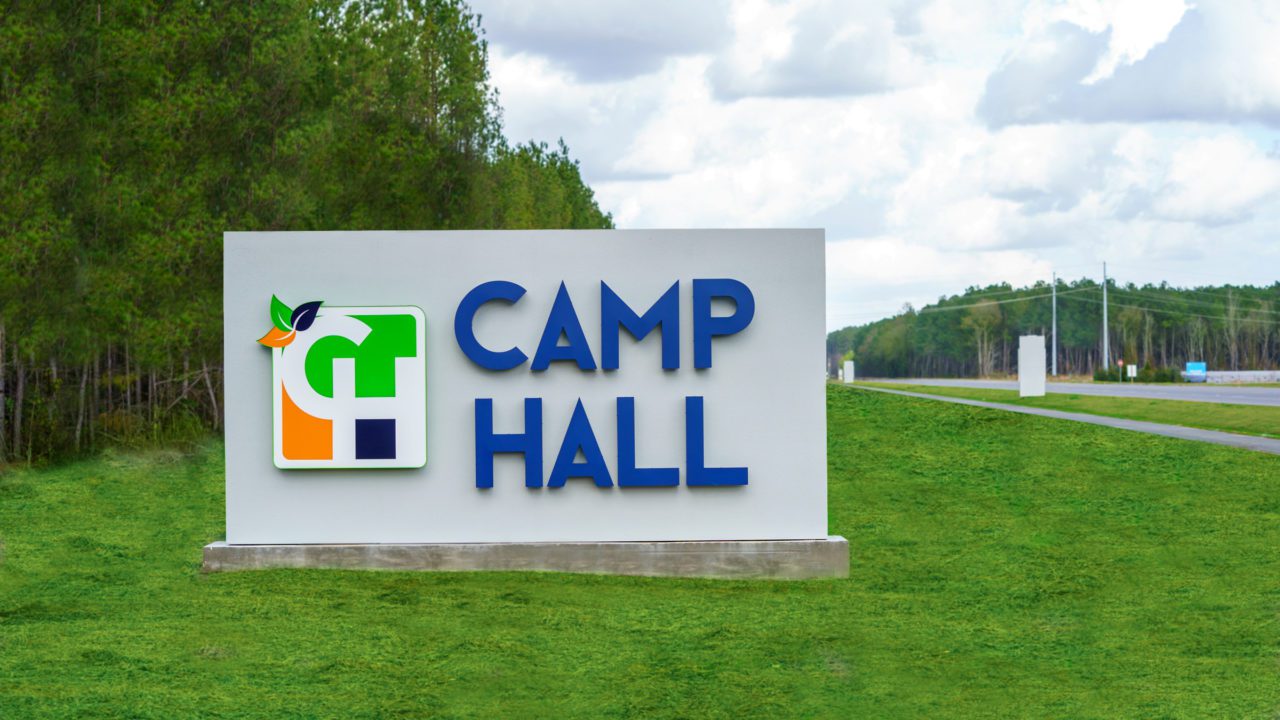Historic SC industrial deal moves forward as road plan is outlined
South Carolina’s biggest-ever industrial announcement took another step forward on Dec. 1 when Santee Cooper voted to sell part of its Camp Hall Commerce Park at an $8 million discount to help land an unidentified business promising to invest $3.5 billion and bring 1,500 jobs to Berkeley County.
Meanwhile, there is more clarity on how $110 million in road work needed to seal the deal would be financed. County officials have bristled at the idea that their constituents would get stuck footing the bill, so an incentive package to lure the mystery company puts pressure on the state to find funding for needed upgrades to S.C. Highway 176.
The agreement would withhold a portion of tax incentives the company — known by the code name Project Drift — would get until the entire highway improvement project can be funded. It would be up to the state to help the county find a way to pay for the improvements. When the road work is funded, Project Drift would get the full amount of incentives promised.
Several more pieces need to fall into place before that comes into play, though. Santee Cooper’s commitment to sell land at its industrial park off Interstate 26 northwest of Summerville is among them.
A committee of the power and water utility’s board on Thursday recommended by a unanimous 5-0 vote to sell its 607-acre “Campus 3” property for $40 million.
Rather than transfer it directly to Project Drift — which also is going by the corporate alias Camp Hall Campus 3 LLC — the buyer would be Palmetto Railways, a division of the S.C. Commerce Department. The short-haul railroad would then lease the property to Project Drift.
The assessed value of the Campus 3 tract is $48 million, but Santee Cooper is discounting the sale price by about 17 percent “to help South Carolina secure this significant economic development deal,” said Dan Camp, the utility’s vice president of real estate.
The state Joint Bond Review Committee must also give its go-ahead to the property sale. That panel is in charge of reviewing real estate deals and certain other business decisions at Santee Cooper following the utility’s role in the 2017 failure of a Midlands nuclear plant expansion that cost ratepayers billions. The committee had not yet scheduled a meeting to discuss the Camp Hall transaction as of Thursday.
Once the land sale is fully approved, Berkeley County Council must vote to give final approval to tax breaks offered for Project Drift. That’s expected to happen Dec. 12.
A document outlining those tax breaks — called a fee-in-lieu agreement — helps break down how the road work would be funded.
Under state law, counties can charge industries a fixed fee instead of property taxes that effectively lowers their assessment rate from the usual 10.5 percent to 6 percent. If the investment is big enough — at least $400 million — the assessment rate can be lowered to 4 percent, as it would be for Project Drift.
In addition, industries can qualify for “special source revenue credits” from the state that refund a portion of the fee they pay. Project Drift would be given a 25 percent credit, which means its tax assessment would effectively fall to 3 percent. But the company won’t get that credit until the Highway 176 improvements are fully funded.
It’s expected state officials will feel pressure from Project Drift to quickly find that alternative funding source so it can receive its 25 percent rebate.
Gov. Henry McMaster, who spoke at a business event in Summerville on Thursday, suggested that the state has funding options that might help the county pay for the road improvements, but he declined to give specifics.
“Well, I could say there are,” he said. “The details of those things are not to be discussed.”
McMaster also declined to talk specifically about Project Drift.
“We have lot of interest by a lot of great companies, but the processes there are not to be publicized, other than with those who actually are working on it, until the proper time,” he said.
The secrecy surrounding Project Drift’s identity and the type of work it does has created some tension. Councilman Josh Whitley, who chairs the county finance committee, voted against the tax breaks this week when it came up for the second of three required approvals. He said taxpayers should have full disclosure by the time any company’s incentive deal is up for a second vote.
“I’m for the project, I think it’s a good thing … but it’s hard for me to take a position for seven years (on council) and require transparency on what projects are by second reading,” Whitley said. “As exciting as this is … our responsibility here is good government and I think the project, what it is, should be known at this point.”
The $3.5 billion investment figure would rank as the single largest in South Carolina history. It would more than double the previous record set last month, when BMW said it will spend $1.7 billion on an electric-vehicle battery plant and upgrades to its Spartanburg County campus to make battery-powered cars.
Berkeley County can already claim two of the state’s biggest industrial announcements, including automaker Volvo Cars $620 million investment in 2017 to build a factory near Camp Hall. The following year, search engine and online advertising giant Google invested $600 million in its data center near Moncks Corner.

